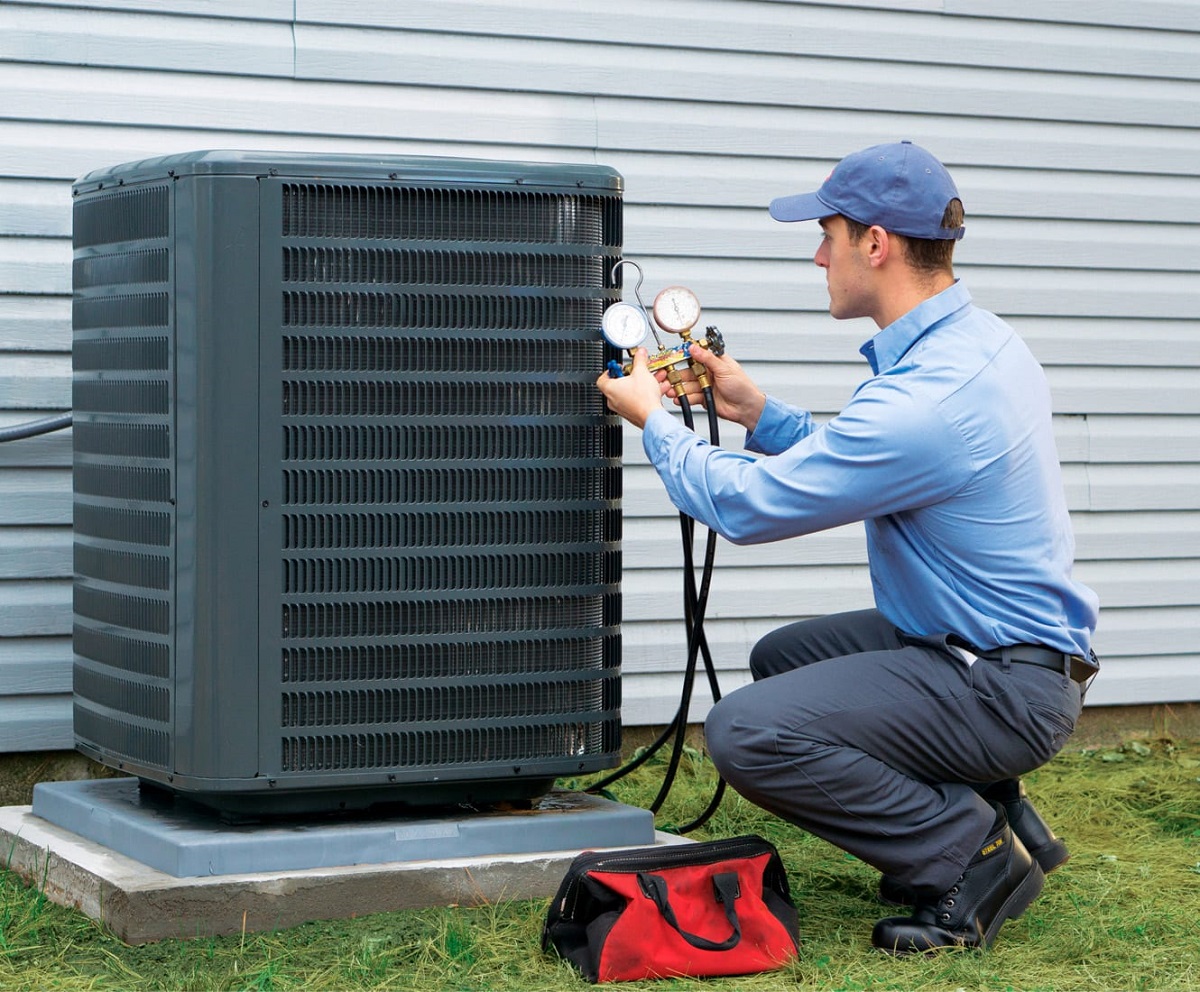

Articles
What Does An AC Tune Up Include
Modified: January 19, 2024
Looking for articles about what an AC tune-up includes? Find out all the essential information you need to know in this comprehensive guide.
(Many of the links in this article redirect to a specific reviewed product. Your purchase of these products through affiliate links helps to generate commission for Storables.com, at no extra cost. Learn more)
Introduction
As the summer heat sets in, the last thing you want is for your air conditioner to suddenly break down. Not only does it leave you feeling hot and uncomfortable, but it can also lead to costly repairs. That’s why it’s crucial to ensure your AC system is properly maintained and running efficiently. One of the best ways to achieve this is through an AC tune-up.
An AC tune-up is a comprehensive service that involves a thorough inspection, cleaning, and adjustment of various components of your air conditioning system. It is typically performed by HVAC professionals who specialize in AC maintenance and repairs.
In this article, we will explore the benefits of an AC tune-up and delve into the various tasks that are included in this important maintenance service. By understanding the importance of regular AC tune-ups, you can prolong the life of your system, improve its performance, and save money in the long run.
Key Takeaways:
- Regular AC tune-ups improve energy efficiency, extend lifespan, and prevent costly repairs. Ensure optimal performance by scheduling yearly maintenance to keep your home cool and comfortable.
- An AC tune-up includes tasks such as cleaning condenser coils, checking refrigerant levels, and verifying proper airflow. Stay proactive and enjoy the benefits of a well-maintained and efficient air conditioning system.
Read more: What Is An Air Conditioner Tune-Up
Benefits of an AC Tune Up
An AC tune-up offers numerous benefits that go beyond just ensuring cool air during the summer months. Let’s take a closer look at some of the key advantages:
- Improved Energy Efficiency: Over time, your air conditioner can become less efficient, causing it to work harder and consume more energy. During an AC tune-up, the technician will clean and optimize the system, allowing it to run more efficiently. This means lower energy bills and reduced carbon footprint.
- Enhanced Cooling Performance: A well-maintained AC system will provide better and more consistent cooling throughout your home. By addressing any issues or inefficiencies, an AC tune-up ensures that every room receives adequate airflow, resulting in increased comfort.
- Extended Lifespan: Regular maintenance can significantly extend the lifespan of your air conditioner. By identifying and fixing potential problems early on, you can prevent major breakdowns and costly repairs down the line. This means you’ll enjoy the reliable performance of your AC unit for years to come.
- Prevention of Costly Repairs: Small issues with your AC system can quickly escalate into major problems if left unattended. An AC tune-up allows the technician to identify and address minor issues before they become costly repairs. By catching these problems early, you not only save money but also avoid the inconvenience of a sudden breakdown on a hot day.
- Improved Indoor Air Quality: During an AC tune-up, the technician will clean or replace the air filters, ensuring that your system is delivering clean and fresh air. This is especially important for individuals with allergies or respiratory conditions. Clean air filters also reduce the strain on your system, allowing it to function optimally.
By investing in regular AC tune-ups, you can enjoy these benefits and maintain a smoothly operating air conditioning system. The next section will give you a detailed understanding of the tasks involved in an AC tune-up.
Inspection of Electrical Connections
One of the key tasks included in an AC tune-up is the inspection of electrical connections. This is essential to ensure that all electrical components in your air conditioning system are functioning properly and safely.
The HVAC technician will carefully examine the wiring, terminals, and electrical connections of your AC unit. They will check for any signs of wear and tear, loose connections, or frayed wires. Loose connections can lead to overheating and electrical issues, while frayed wires can pose a fire hazard.
If any issues are identified, the technician will promptly repair or replace the faulty components to prevent further damage. They will also conduct tests to ensure that the electrical connections are secure and functioning as they should be.
This inspection of electrical connections is crucial not only for the safety of your AC system but also for the overall performance and efficiency. Proper electrical connections help prevent power fluctuations, which can cause your AC unit to malfunction or even fail completely.
Regular inspection and maintenance of electrical connections during an AC tune-up can help you avoid potential risks and ensures that your air conditioner operates reliably and efficiently.
Cleaning of Condenser Coil
Another important task included in an AC tune-up is the cleaning of the condenser coil. The condenser coil is a vital component of your air conditioning system, responsible for releasing heat from the refrigerant to the outdoor air.
Over time, the condenser coil can accumulate dirt, dust, debris, and even mold or mildew. This buildup can impair the heat transfer process, causing the system to work harder and less efficiently. As a result, your AC unit may struggle to cool your home effectively, and you may notice a decrease in cooling performance.
During the AC tune-up, the HVAC technician will carefully clean the condenser coil to remove any dirt or debris. They will use specialized tools and cleaning agents to ensure a thorough cleaning without damaging the delicate coil fins.
By cleaning the condenser coil, you can improve the efficiency of your air conditioning system. The improved heat transfer allows your AC unit to cool your home more effectively and reduces the strain on the system, leading to energy savings.
In addition to improving efficiency, cleaning the condenser coil also helps prolong the lifespan of your air conditioner. The buildup of dirt and debris can contribute to corrosion or damage to the coil, which can eventually lead to costly repairs or even the need for a full system replacement.
Regular cleaning of the condenser coil as part of an AC tune-up ensures that your air conditioning system operates at its optimal performance level, providing you with reliable cooling throughout the hot summer months.
Checking Refrigerant Levels
One of the crucial tasks performed during an AC tune-up is the checking of refrigerant levels in your air conditioning system. Refrigerant is the substance responsible for cooling the air that is circulated throughout your home.
Over time, refrigerant levels can deplete due to various factors, including leaks or improper charging during installation or previous service. Insufficient refrigerant can negatively impact the cooling efficiency of your AC unit, leading to reduced cooling performance and increased energy consumption.
During the AC tune-up, the HVAC technician will measure the refrigerant levels to ensure they are within the manufacturer’s recommended range. If the levels are low, it indicates a refrigerant leak, which needs to be identified and repaired.
In addition to checking the levels, the technician will also inspect the refrigerant lines for any signs of damage, such as corrosion or leaks. Addressing these issues promptly is crucial to prevent further refrigerant loss and ensure proper cooling operation.
It’s important to note that handling refrigerant requires specialized training and equipment. Therefore, it is not a task recommended for homeowners to do on their own. Hiring a professional HVAC technician for an AC tune-up ensures that proper procedures are followed to assess and address any refrigerant-related issues.
By checking the refrigerant levels during an AC tune-up, you can ensure that your air conditioning system is operating at optimal performance, delivering cool and refreshing air throughout your home efficiently.
Read more: How Much Does HVAC Tune-Up Cost
Testing Capacitors
During an AC tune-up, one of the critical components that HVAC technicians inspect and test is the capacitors. Capacitors play an essential role in the proper functioning of your air conditioning system, specifically in the starting and running of the motors.
There are two types of capacitors in an AC system: the start capacitor and the run capacitor. The start capacitor gives a boost of energy to the motor to help it start up, while the run capacitor provides a continuous supply of energy to keep the motor running smoothly.
Over time, capacitors can deteriorate or lose their ability to store and release energy efficiently. This can lead to issues such as motor failure or irregular motor operation, resulting in poor cooling performance or even complete system breakdown.
During the AC tune-up, the technician will use specialized equipment to test the capacitors’ performance. They will measure the capacitance, resistance, and voltage to ensure that the capacitors are operating within the manufacturer’s specifications. If any abnormalities or deficiencies are detected, the technician will recommend replacing the faulty capacitors.
Testing and replacing capacitors as part of an AC tune-up help ensure the reliable operation of your air conditioning system. Properly functioning capacitors contribute to the smooth starting and running of the motors, resulting in improved cooling performance, energy efficiency, and system longevity.
By including capacitor testing in your AC tune-up, you can address any potential issues before they lead to significant problems, ultimately providing you with peace of mind and a well-functioning air conditioning system.
A typical AC tune-up includes cleaning or replacing the air filter, checking refrigerant levels, inspecting and cleaning the condenser and evaporator coils, and testing the thermostat. Regular tune-ups can improve efficiency and prevent breakdowns.
Lubrication of Moving Parts
To ensure the smooth and efficient operation of your air conditioning system, it is vital to lubricate the moving parts regularly. This task is typically performed as part of an AC tune-up service.
An air conditioning system contains various components with moving parts, such as fan motors, blower motors, and bearings. These parts can generate friction as they operate, which can lead to wear and tear over time.
During the AC tune-up, the HVAC technician will inspect the moving parts and apply lubrication where necessary. They will use high-quality lubricants that are compatible with the specific components and their operating conditions.
Proper lubrication helps reduce friction between the moving parts, ensuring smoother operation, and minimizing the risk of component failure. It can also reduce noise levels and prevent the parts from overheating.
Lubrication also plays a crucial role in prolonging the lifespan of the moving parts. By reducing friction, it minimizes the wear and tear, thereby extending the longevity of the components. This can save you from costly repairs or premature replacement of parts.
Regular lubrication of the moving parts as part of an AC tune-up is essential for maintaining the overall performance and efficiency of your air conditioning system. It promotes smoother operation, quieter performance, and improved longevity of the components. By ensuring proper lubrication, you can enjoy a well-functioning air conditioner that provides reliable and quiet cooling for years to come.
Cleaning or Replacing Air Filters
One of the crucial tasks included in an AC tune-up is the cleaning or replacing of air filters. Air filters play a critical role in maintaining good indoor air quality and ensuring the efficient operation of your air conditioning system.
The air filters in your AC unit help trap dust, dirt, pollen, and other airborne particles, preventing them from circulating throughout your home. Over time, these filters can become clogged with debris, reducing their effectiveness and restricting airflow.
During the AC tune-up, the HVAC technician will inspect the air filters to assess their condition. If they are dirty or clogged, they will either clean them or recommend replacing them with new filters, depending on the type of filters and their level of contamination.
Cleaning or replacing the air filters has several benefits. Firstly, it improves indoor air quality by effectively removing pollutants from the air. This is particularly important for individuals with allergies or respiratory conditions.
Secondly, clean air filters ensure proper airflow throughout the AC system, optimizing its efficiency and performance. When the filters are clogged, the system has to work harder to maintain the desired temperature, resulting in increased energy consumption and potential strain on the components.
Regularly cleaning or replacing air filters as part of an AC tune-up helps maintain the efficiency and reliability of your air conditioning system. It ensures clean and fresh air circulation and prevents unnecessary strain on the system, leading to energy savings and a longer lifespan for your AC unit.
To keep your air conditioner running smoothly, it is recommended to clean or replace the air filters every one to three months, depending on the manufacturer’s guidelines and the level of pollutants in your environment.
Calibration of Thermostat
During an AC tune-up, the HVAC technician will perform a calibration of the thermostat. The thermostat is the control center of your air conditioning system, responsible for regulating the temperature and ensuring optimal comfort levels in your home.
Over time, thermostats can become inaccurate, leading to temperature discrepancies and inefficient cooling. Inaccurate temperature readings can result in your AC unit running longer than necessary or cycling on and off too frequently.
During the calibration process, the technician will verify the accuracy of the thermostat by comparing it to a calibrated temperature sensor. They will adjust the thermostat as needed to ensure that it accurately reflects the ambient temperature in your home.
Calibrating the thermostat is crucial for maintaining a consistent and comfortable indoor environment. It ensures that the AC system responds appropriately to temperature changes and avoids unnecessary energy usage.
Additionally, a properly calibrated thermostat helps prevent issues such as temperature swings, hot or cold spots, and overworking of the cooling system. This translates to better energy efficiency, reduced wear and tear on your AC unit, and potential energy savings.
Regular calibration of the thermostat, typically as part of an AC tune-up, is recommended to ensure optimal performance and accurate temperature control. It allows you to have precise control over your indoor climate and enjoy a comfortable living space.
If you notice any issues with temperature control or suspect that your thermostat is not functioning correctly, it is advisable to have it calibrated by a professional HVAC technician during your next AC tune-up.
Read more: What Is Air Conditioning Tune Up
Verification of Proper Airflow
As part of an AC tune-up, the HVAC technician will perform a verification of proper airflow throughout your air conditioning system. Proper airflow is crucial for efficient cooling and maintaining a comfortable indoor environment.
During the verification process, the technician will assess the airflow at various points, including the supply vents and return air registers. They will check for any restrictions or blockages that may impede proper airflow, such as dirty air filters, blocked registers, or obstructions in the ductwork.
If any issues are identified, the technician will take the necessary steps to address them. This may involve cleaning or replacing the air filters, adjusting the dampers, or performing duct cleaning to remove any debris or blockages.
Ensuring proper airflow is essential for several reasons. Firstly, it allows for adequate distribution of cool air throughout your home, preventing hot or cold spots and ensuring consistent comfort in every room.
Secondly, proper airflow helps maximize the efficiency of your air conditioning system. When airflow is restricted, the AC unit has to work harder to cool your home, leading to increased energy consumption and potential strain on the components.
Furthermore, adequate airflow helps maintain healthy indoor air quality. It allows for the proper exchange of air, reducing the concentration of pollutants, allergens, and odors in your living spaces.
By verifying and ensuring proper airflow as part of an AC tune-up, you can enjoy improved cooling performance, energy efficiency, and indoor air quality. It also helps to identify and address any underlying issues that may affect the overall performance and longevity of your air conditioning system.
If you notice any airflow issues, such as weak or uneven cooling, it is essential to have them addressed during an AC tune-up to maintain the optimal operation of your air conditioning system.
Evaluation of Overall Performance
During an AC tune-up, the HVAC technician will conduct a comprehensive evaluation of the overall performance of your air conditioning system. This evaluation involves assessing various aspects of the system to ensure it is operating at its best.
The technician will start by examining the system’s cooling capacity and efficiency. They will measure and compare the temperature difference between the supply air and the return air to determine if the system is providing adequate cooling.
Next, the technician will assess the system’s cycling and operation. They will check for any unusual or excessive cycling, which could indicate issues with the thermostat, compressor, or other components. They will also evaluate the system’s noise levels during operation.
The evaluation will also include an inspection of the system’s drain lines and condensate drain pans. This is essential to ensure that there are no clogs or leaks that could result in water damage or mold growth.
The technician will also examine the air ducts for any signs of damage, leaks, or insufficient insulation. They will check for proper sealing and insulation to minimize energy losses and ensure efficient airflow throughout your home.
In addition to these evaluations, the technician will consider other factors that could impact the system’s performance, such as the age and condition of the equipment, any past repairs or modifications, and the specific needs of your home.
Based on their findings, the technician will provide recommendations for any necessary repairs, adjustments, or upgrades to optimize the performance of your air conditioning system. They may also offer suggestions for improving energy efficiency and saving on cooling costs.
An evaluation of the overall performance of your AC system during an AC tune-up helps ensure that all components are functioning correctly and working together harmoniously. It allows for early detection and resolution of any potential issues, preventing major breakdowns and costly repairs.
By investing in regular AC tune-ups and evaluations of overall performance, you can enjoy peace of mind knowing that your air conditioning system is operating at its best, providing you with reliable and efficient cooling year-round.
Conclusion
An AC tune-up is a vital maintenance service that offers numerous benefits for your air conditioning system and your overall comfort. By investing in regular AC tune-ups, you can prolong the lifespan of your system, improve its energy efficiency, and prevent costly repairs.
Throughout an AC tune-up, a professional technician performs various tasks to ensure that your system is in optimal condition. They inspect electrical connections for safety and proper functioning, clean the condenser coil to enhance heat transfer, and check refrigerant levels to prevent cooling issues.
Additionally, the technician tests capacitors to ensure smooth motor operation, lubricates moving parts to reduce friction and wear, and cleans or replaces air filters to maintain clean indoor air quality.
The calibration of the thermostat ensures accurate temperature control, while the verification of proper airflow maximizes cooling efficiency and maintains comfort throughout your home. Lastly, an evaluation of the system’s overall performance helps identify potential issues and make necessary recommendations for improvements.
Regular AC tune-ups are crucial for maintaining the performance and longevity of your air conditioning system. They not only provide cool and comfortable air but also result in energy savings and a reduced carbon footprint.
By scheduling AC tune-ups on a yearly basis, you can ensure that your air conditioning system performs optimally during the hot summer months and remains reliable throughout the year. Stay ahead of potential problems and keep your home cool and comfortable by prioritizing AC tune-ups as part of your regular maintenance routine.
Remember, it’s always better to be proactive and address any issues early on rather than waiting for a breakdown in the middle of a scorching summer day. So, don’t delay – schedule your AC tune-up today and enjoy the benefits of a well-maintained and efficient air conditioning system.
Frequently Asked Questions about What Does An AC Tune Up Include
Was this page helpful?
At Storables.com, we guarantee accurate and reliable information. Our content, validated by Expert Board Contributors, is crafted following stringent Editorial Policies. We're committed to providing you with well-researched, expert-backed insights for all your informational needs.
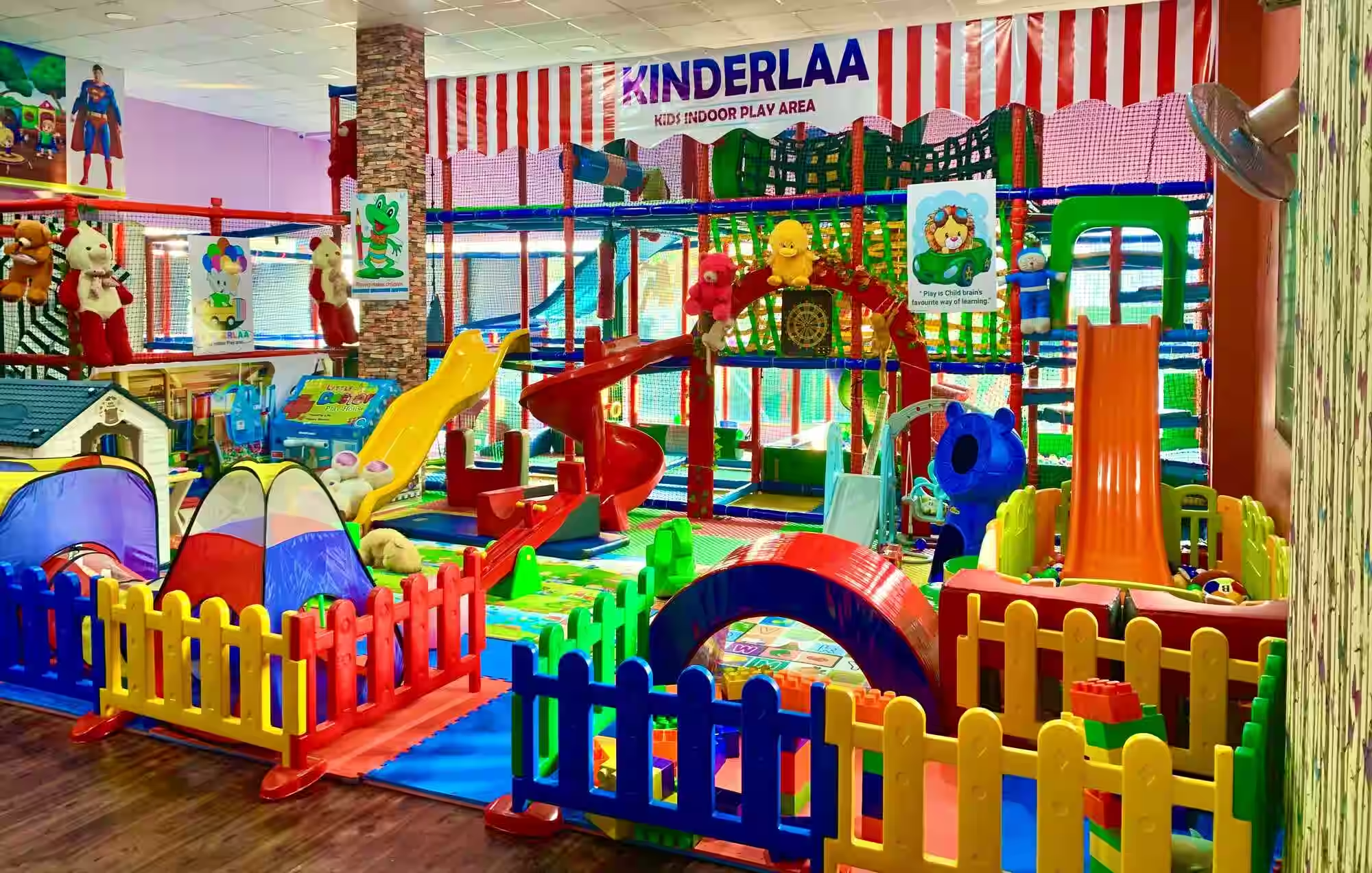
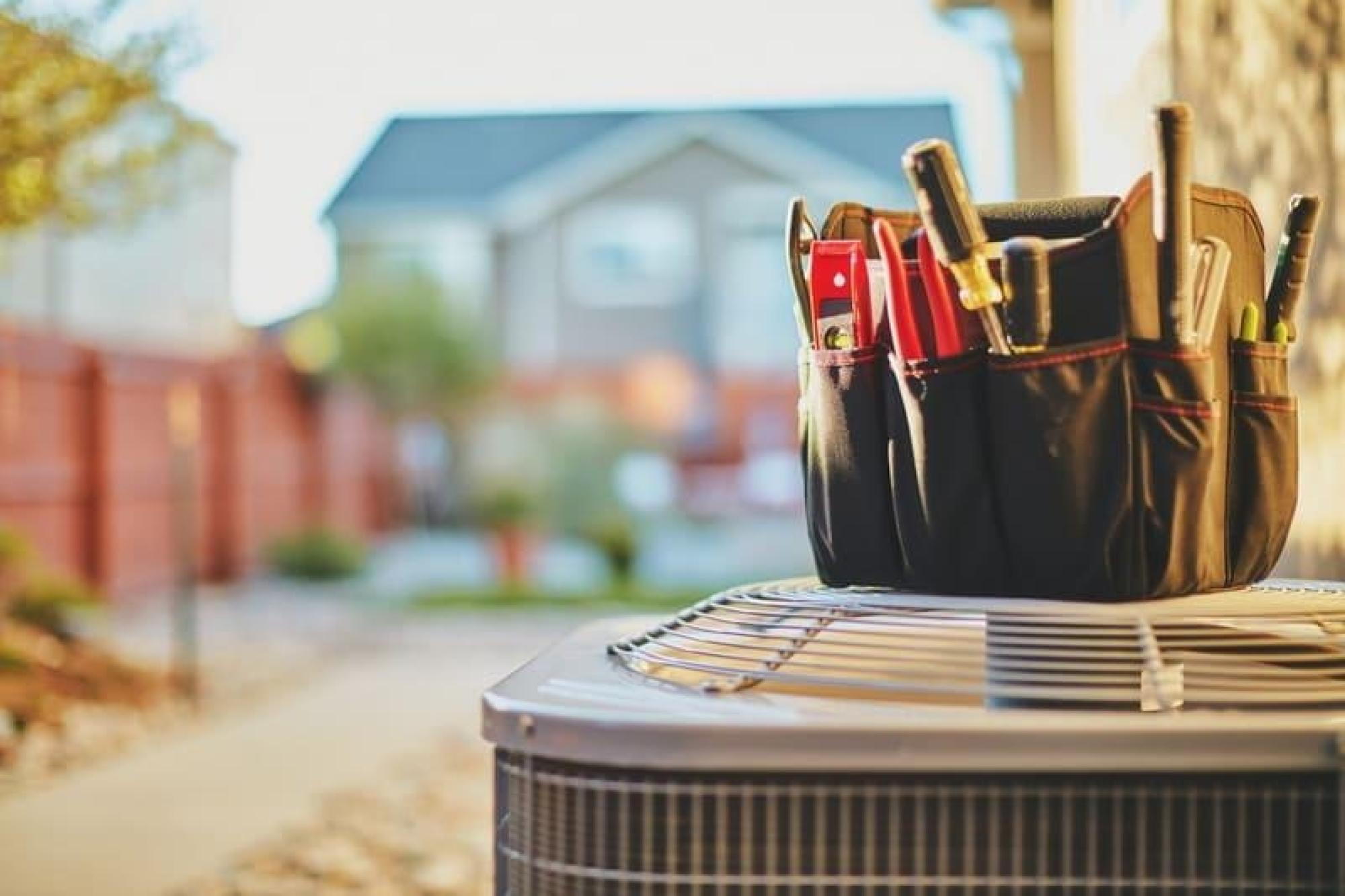

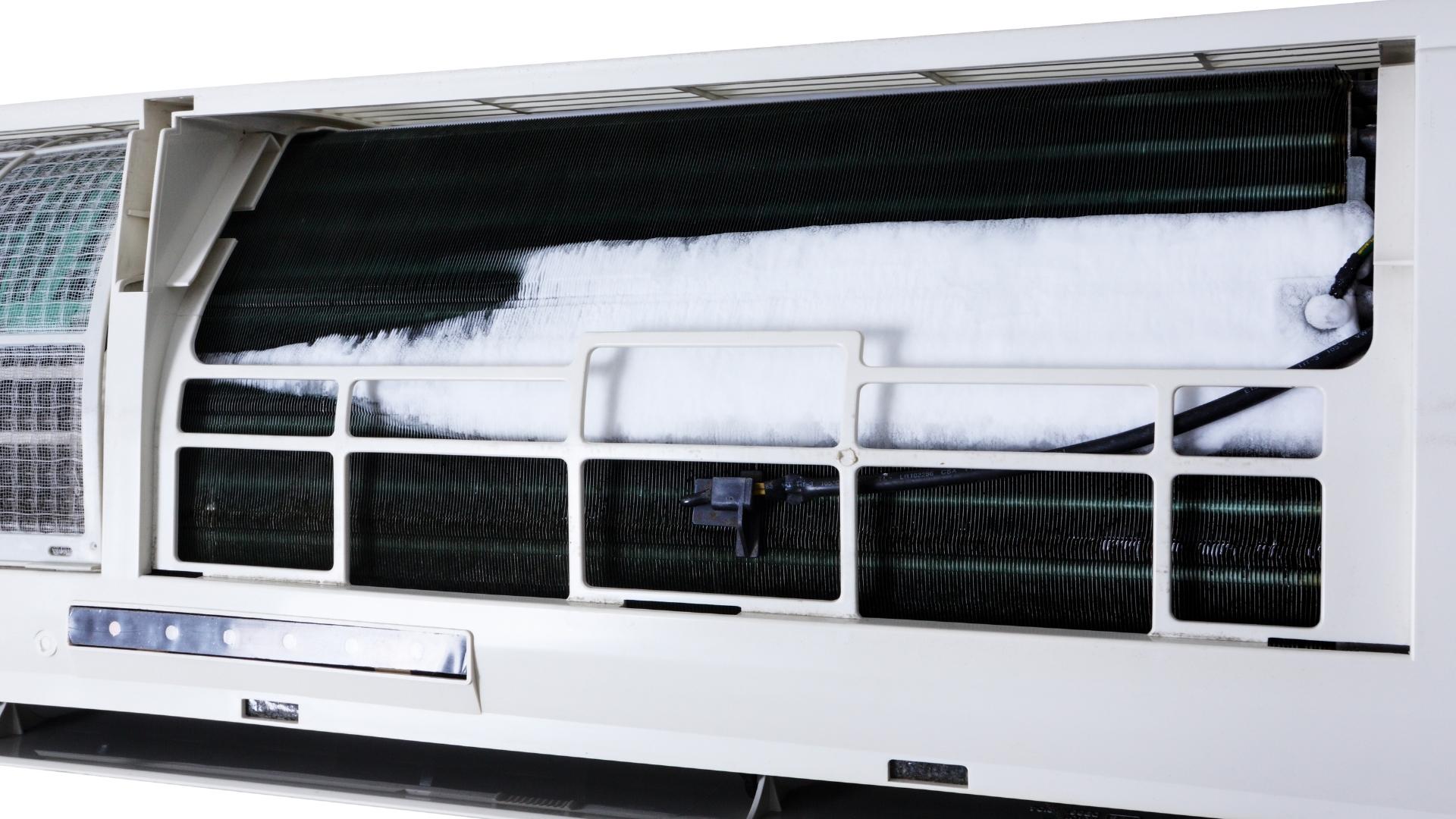

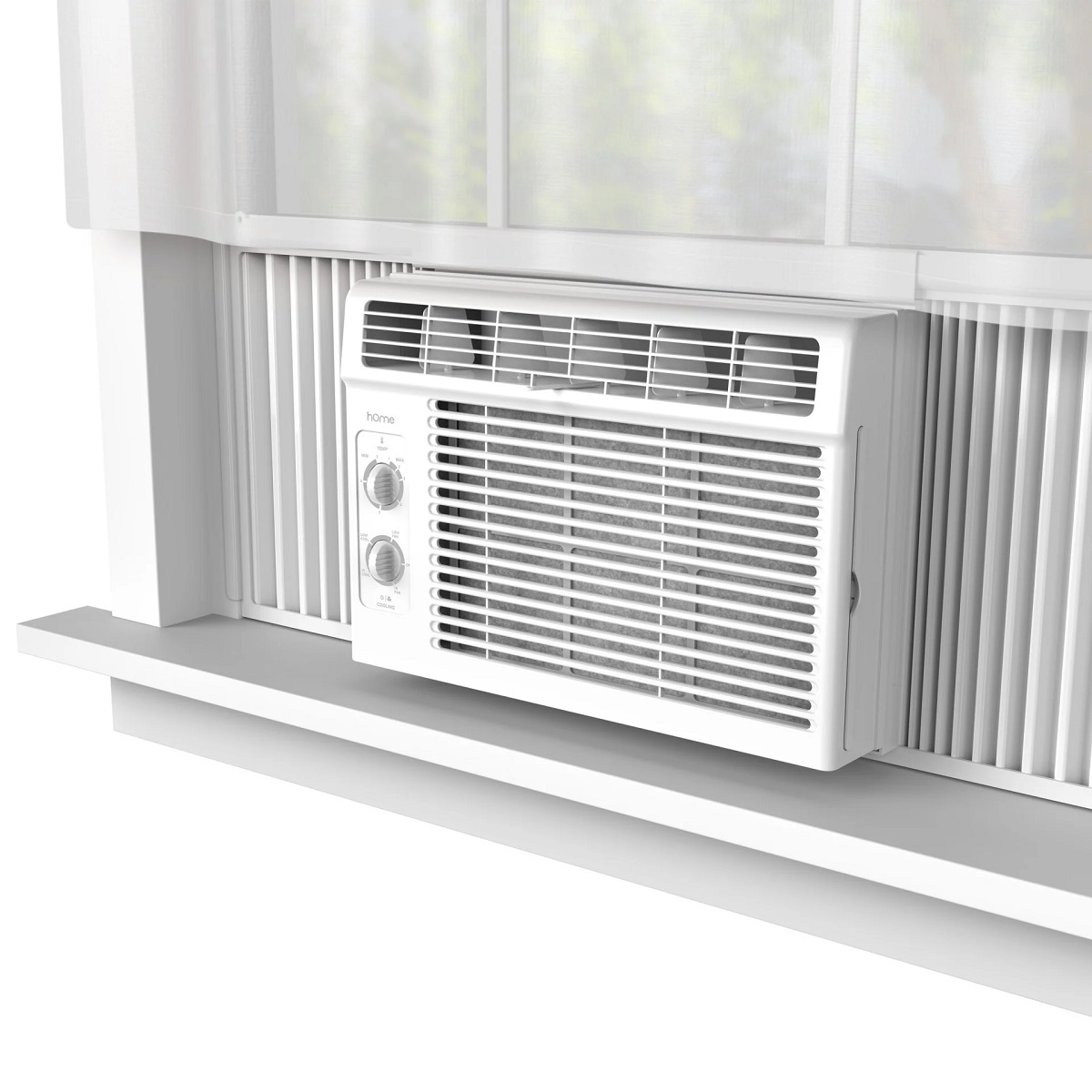
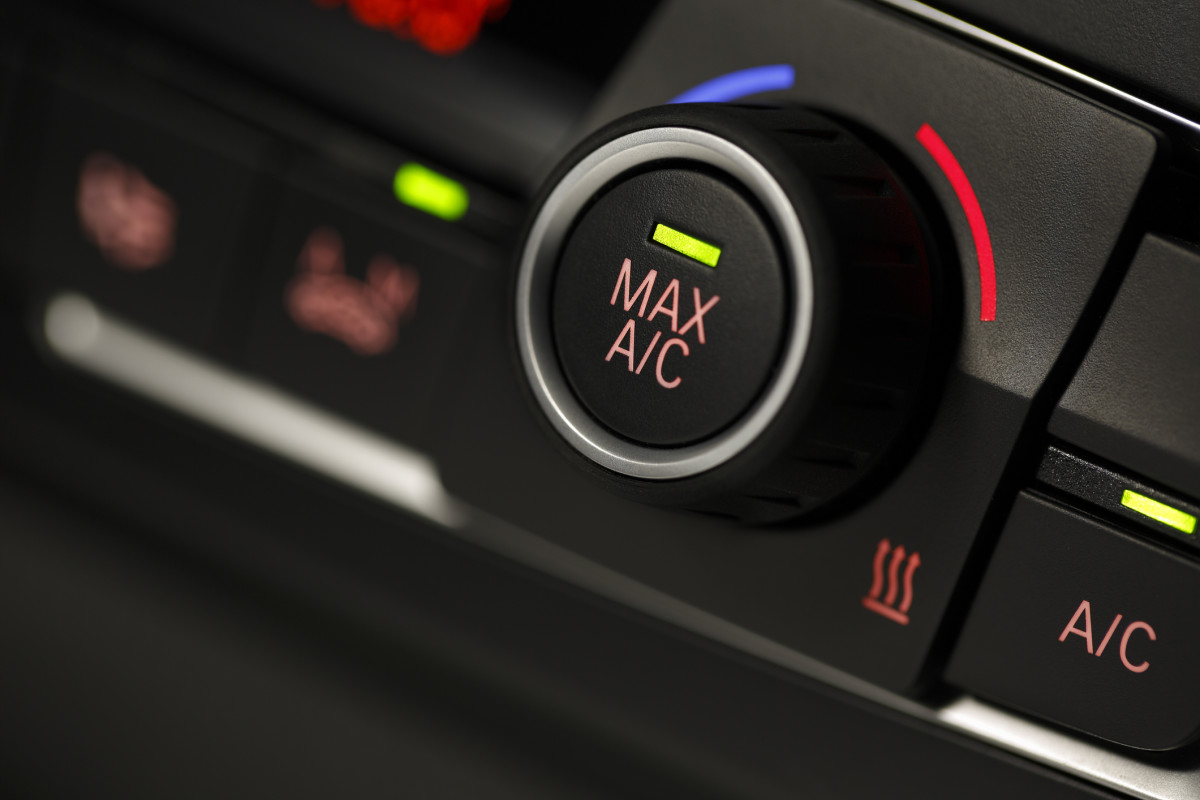
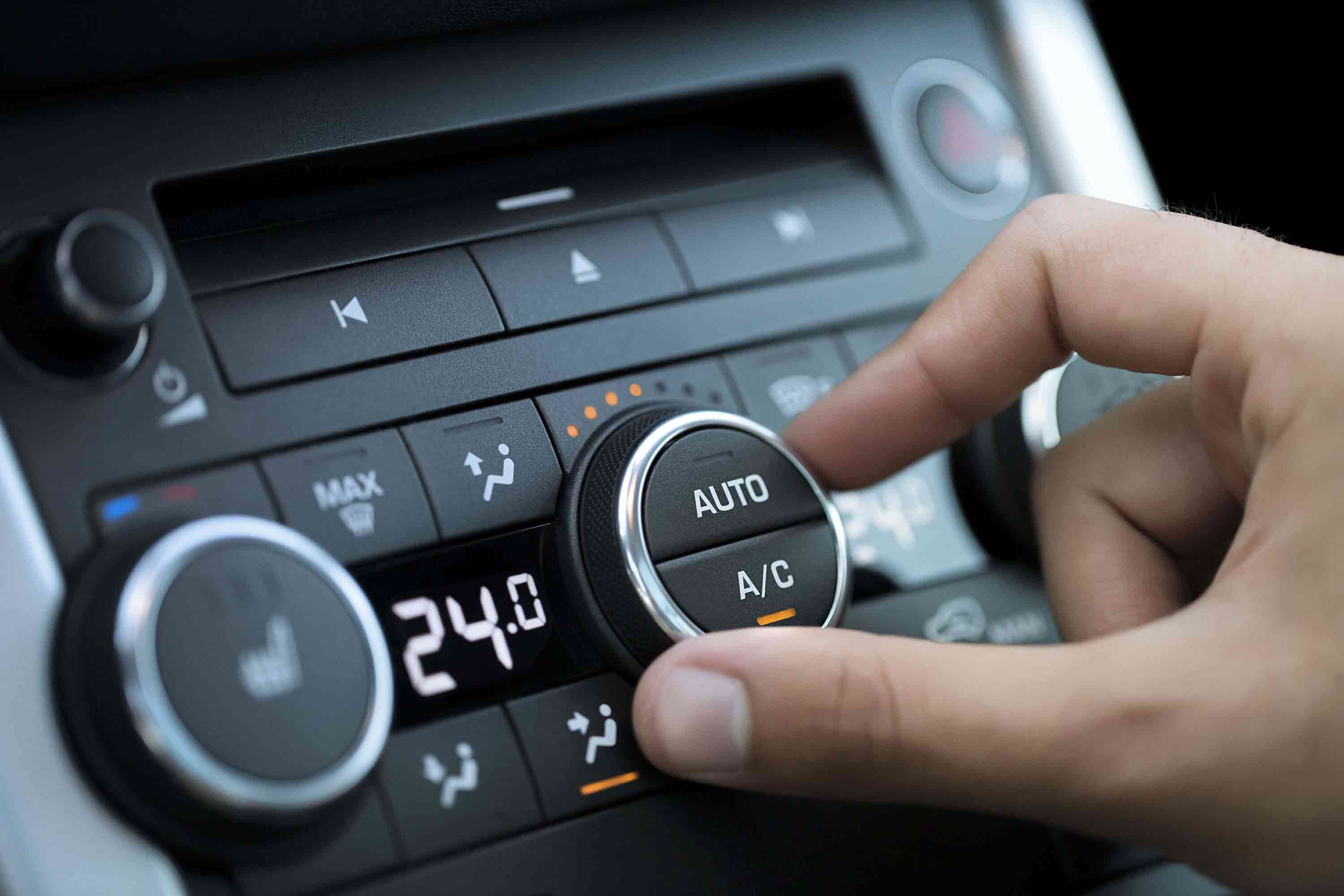
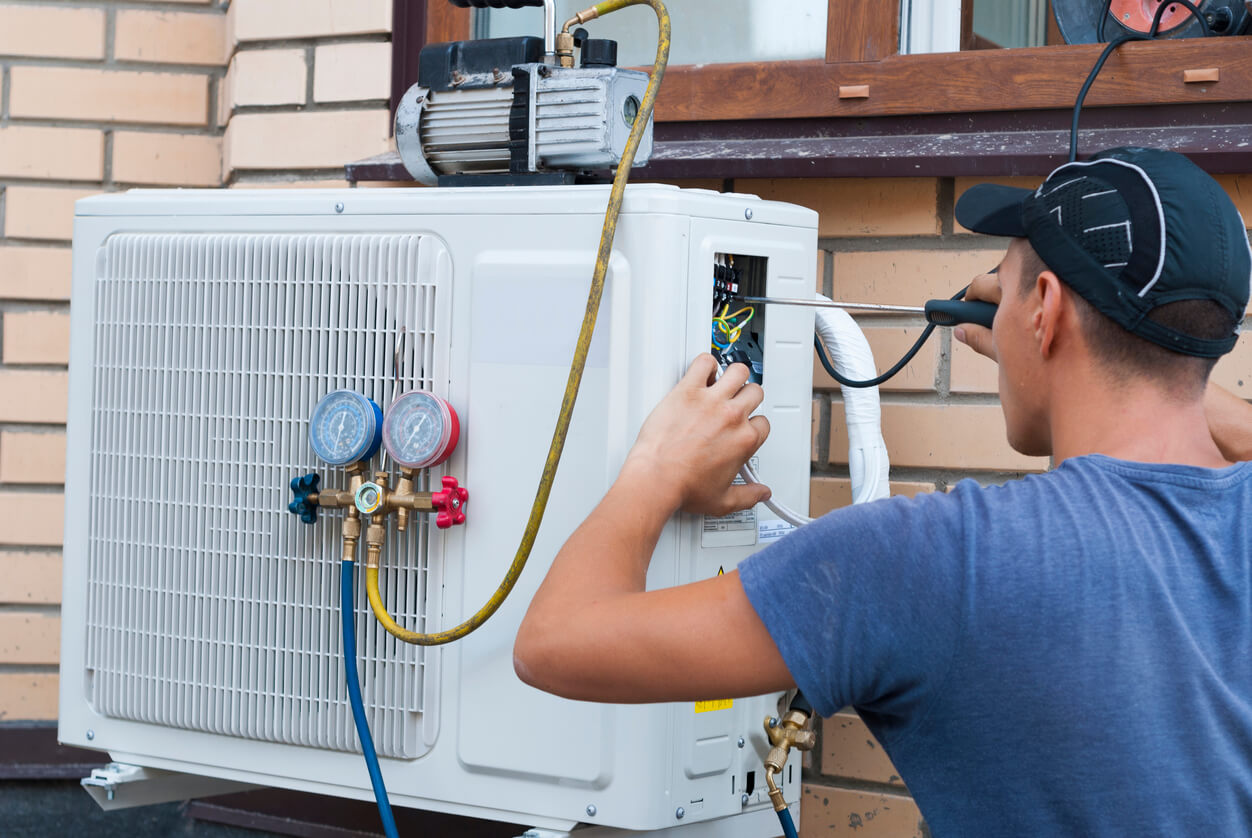
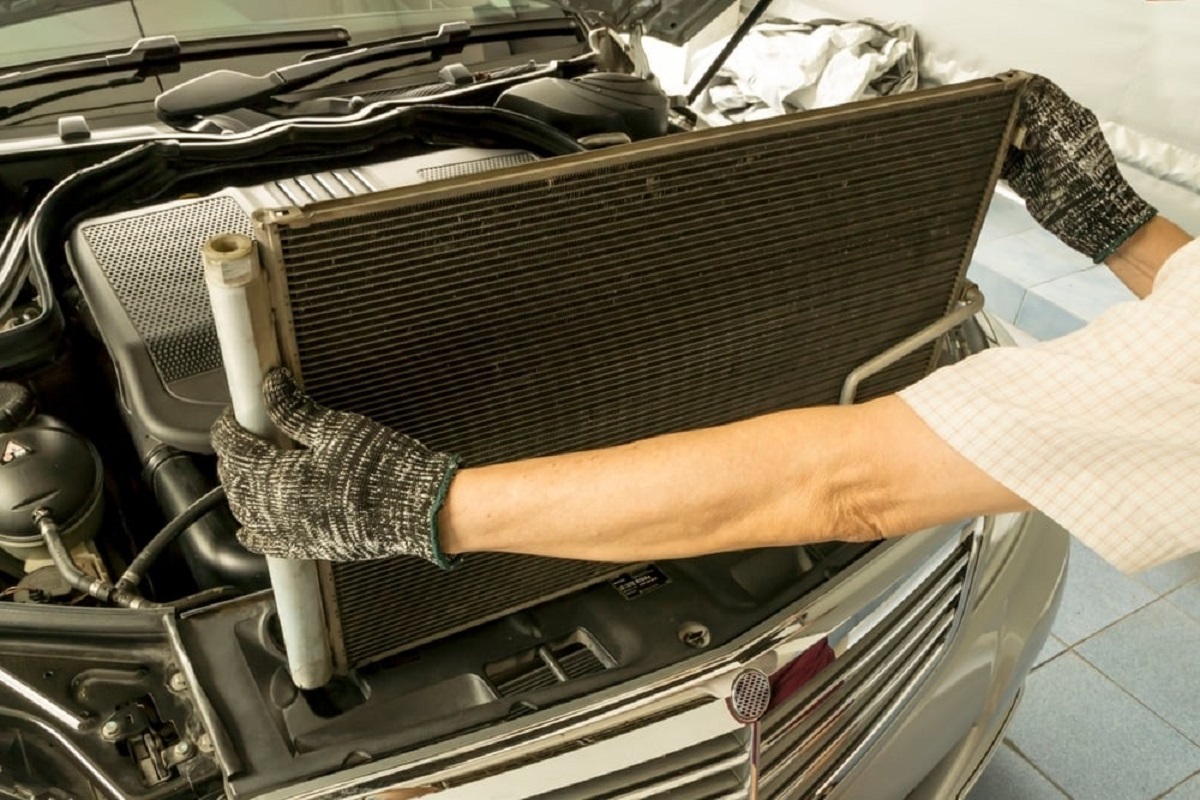

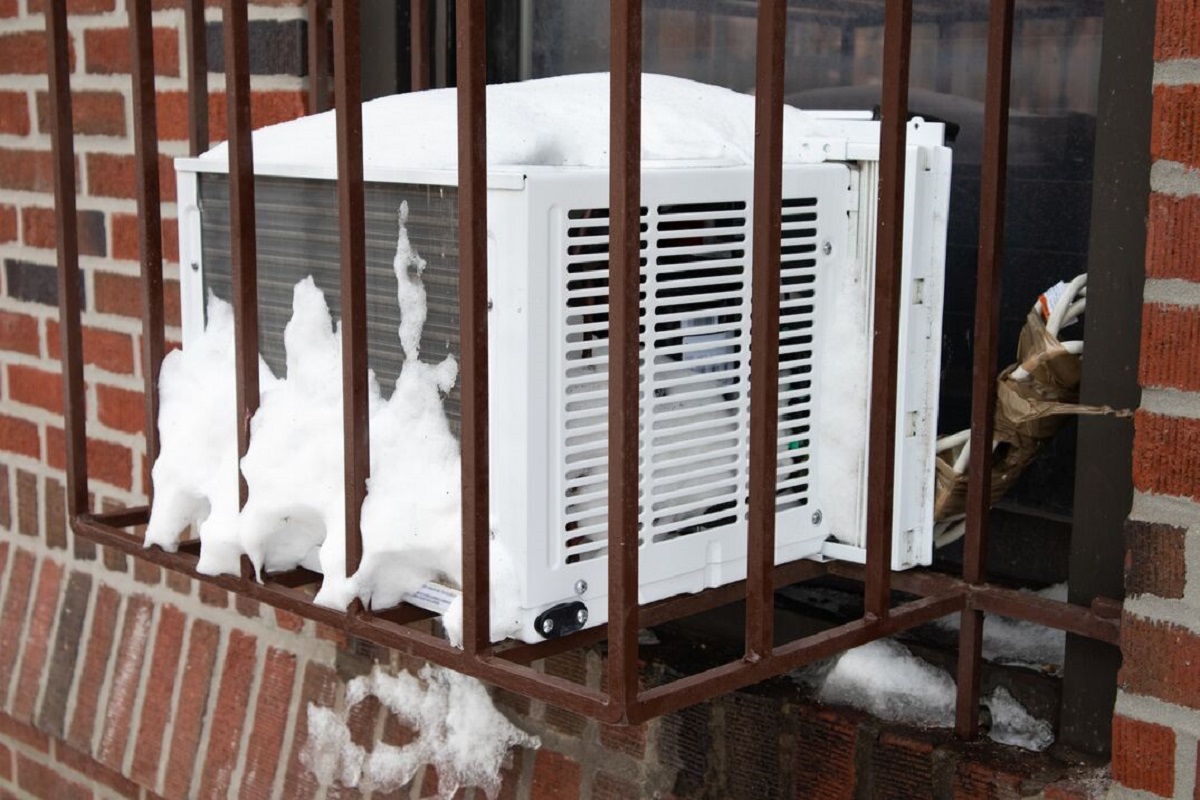


0 thoughts on “What Does An AC Tune Up Include”